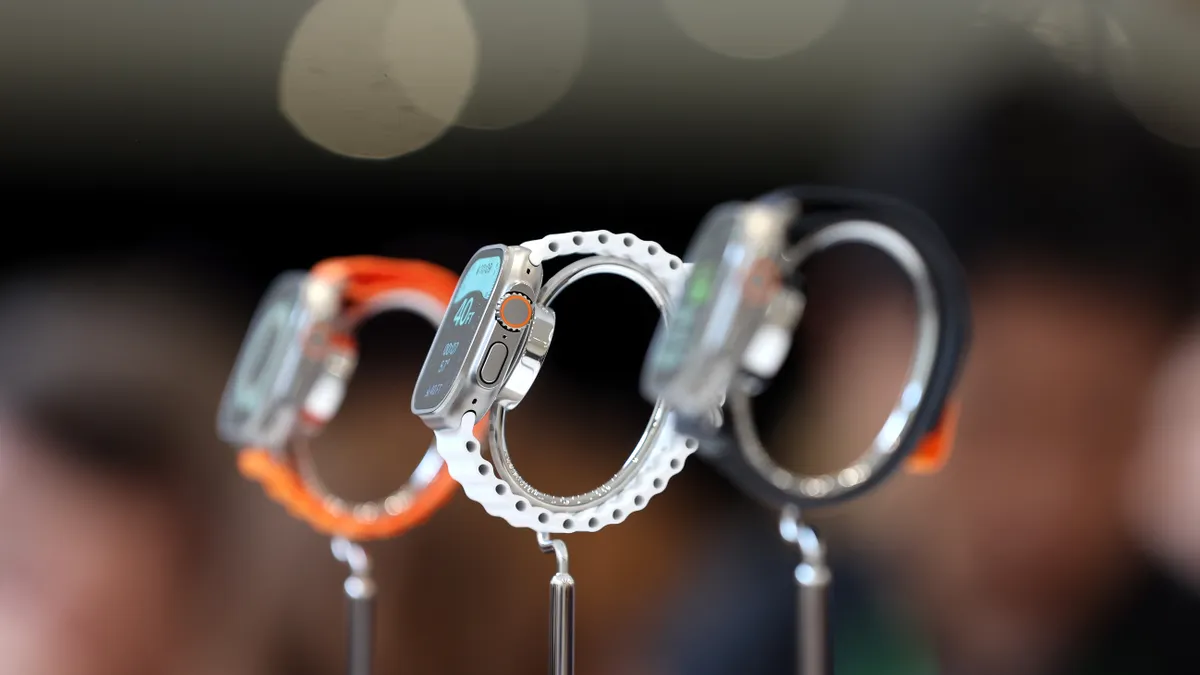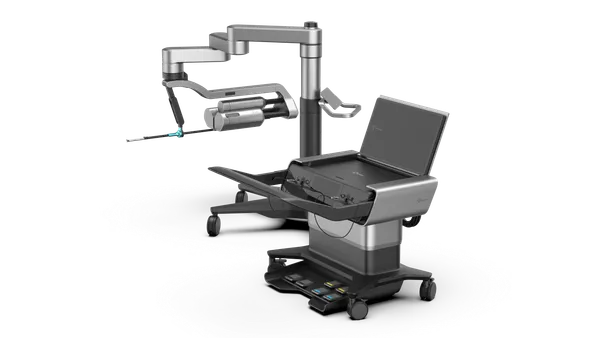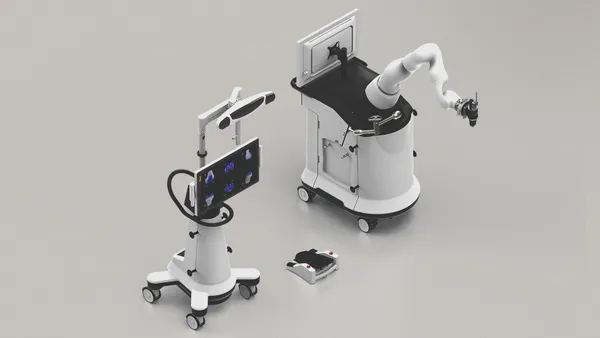Dive Brief:
- PulseAI’s algorithm for detecting atrial arrhythmias outperformed the software built into the Apple Watch in a prospective observational study.
- In results presented at the Heart Rhythm Conference, PulseAI showed its algorithm improved on the sensitivity and specificity of Apple’s pre-installed software for interpreting electrocardiogram (ECG) data captured by Watch.
- PulseAI, which partners with ECG device manufacturers, framed the results as evidence that its algorithm can improve patient monitoring by enabling the accurate interpretation of smartwatch readings at scale.
Dive Insight:
Apple’s position in the smartwatch ECG monitoring market has come under threat in recent months as the International Trade Commission found it violated AliveCor’s patents and the Biden administration upheld the ruling. An import ban could follow, although AliveCor warned the case may drag on for more than a year before Apple suffers any consequences.
PulseAI poses a different challenge to Apple. Using artificial intelligence, the U.K. medtech company has tried to improve on the ability of Apple Watch to detect atrial arrhythmias by developing an alternative to the software that is built into the device. PulseAI now has evidence the work was successful.
In a prospective observational study, researchers collected 273 Apple Watch ECGs from 91 patients and recorded 12-lead ECGs for each individual. The team analyzed the ECGs using the PulseAI algorithm and the ECG App that comes pre-installed on Apple Watch devices, and compared the outputs to the results from the 12-lead ECGs.
Apple’s ECG App had a sensitivity of 76% and specificity of 85%. PulseAI beat the in-built software on both measures, achieving a sensitivity of 93% and a specificity 96%. The PulseAI algorithm also delivered a lower proportion of inconclusive results, less than 1%, than Apple’s software, 12%.
“Our breakthrough AI-ECG technology promises to provide numerous benefits for both patients and physicians by enabling the accurate interpretation of smartwatch ECG readings at scale, helping pave the way for accurate and efficient remote patient monitoring,” PulseAI CEO Alan Kennedy said in a statement.













